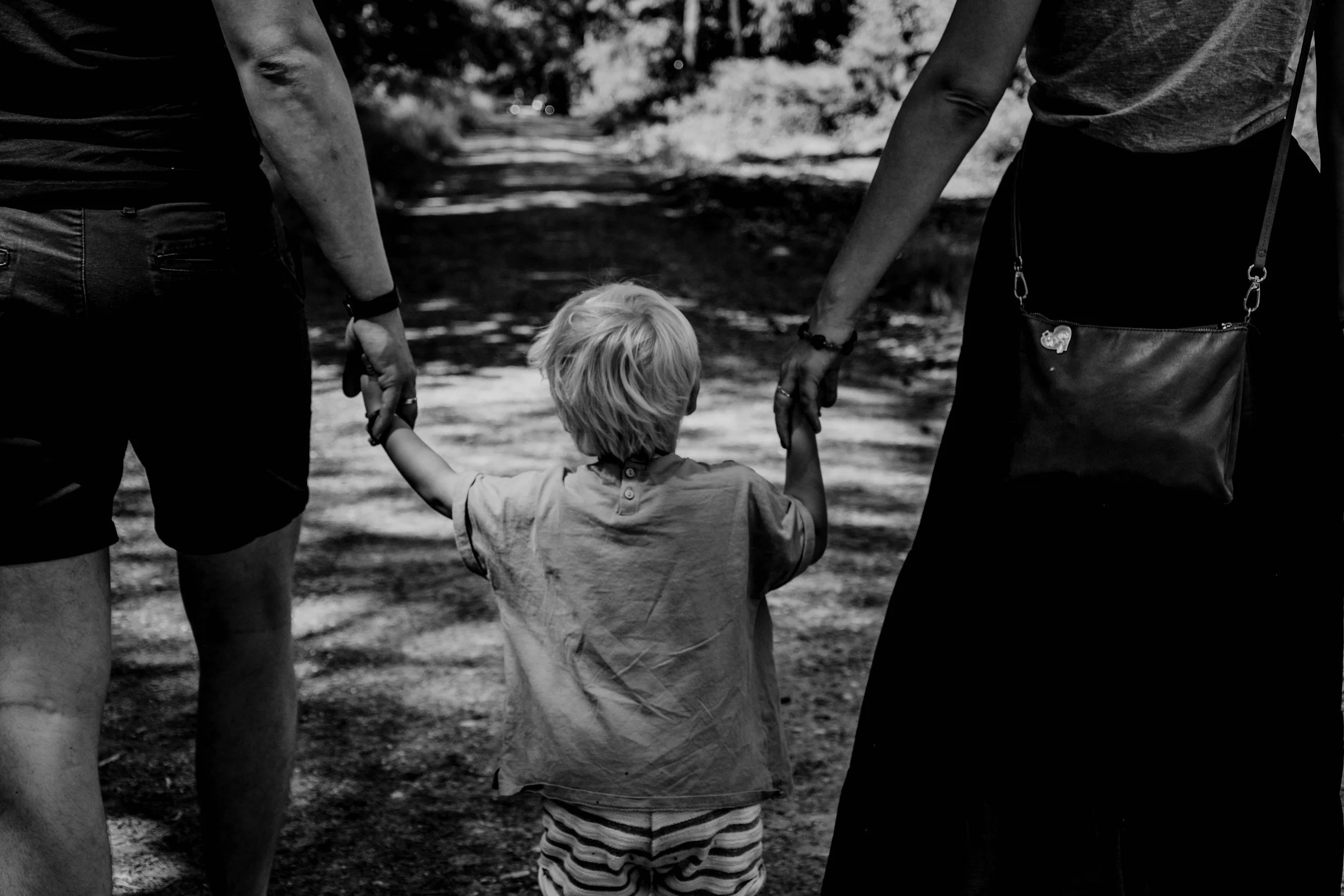Parenting is demanding at the best of times. Add a cancer diagnosis, and the challenge can feel immense. Many parents describe feeling torn between managing their illness and protecting their children from worry. They may feel guilty for being less available, or uncertain about how much to share. Yet children often sense more than adults realise. Supporting them through honesty and warmth can help them feel secure even in difficult circumstances.
Children notice changes even when we do not speak about them
Children are highly attuned to emotional shifts at home. If they notice stress or secrecy, they may fill the gaps with their own fears. Some worry they have done something wrong, while others imagine scenarios worse than reality. Gentle, age-appropriate honesty helps prevent this. For younger children, simple explanations like, “Mummy is poorly and the doctors are helping her get better,” can be enough. Older children may want more detail and opportunities to ask questions. The goal is not to remove all their worries but to help them feel included and safe to talk.
Balancing protection and openness
Parents often fear that being honest will make children more anxious, yet research shows that honesty paired with reassurance builds trust and reduces fear. You can share information gradually, checking what your child has understood and how they are feeling. It can also help to name emotions directly, such as, “I feel sad and worried too sometimes.” This models that difficult feelings can be spoken about and managed safely.
When you cannot be there in the same way
During treatment, fatigue or hospital visits can limit what you can do. Children may react with clinginess, anger or withdrawal. These reactions often come from fear of separation rather than rejection. Keeping routines where possible and explaining what will happen helps children feel secure. Small gestures, such as drawing together, reading a story over the phone, or leaving notes, can maintain connection even when energy is low.
Looking after yourself as a parent
It is common to feel guilty for needing rest or emotional space, but self-care is not neglect; it is essential. When you take time to recover physically and emotionally, you are better able to respond with patience and warmth. Therapy can help parents explore these feelings, release guilt, and develop strategies for managing family dynamics during treatment. Compassion-focused therapy is particularly supportive here, encouraging you to speak to yourself as you would to a dear friend in similar circumstances.
Helping children manage their emotions
Children often express anxiety through behaviour rather than words. They might act out, become quieter, or struggle with sleep. Encouraging open expression through drawing, writing or play can help. Validating their feelings (“It makes sense you feel worried”) reassures them that emotions are not dangerous. You might also create small family rituals, like a daily check-in or shared walk, that reinforce connection and normality.
When to seek additional support
If a child shows prolonged sadness, nightmares or withdrawal, professional support from a child therapist can be very helpful. Therapy gives children a safe space to express feelings they may withhold to protect you. It also offers you, as a parent, a space to reflect on how to balance your needs with theirs. Many families find that this shared support reduces pressure and helps everyone cope more calmly.
Holding on to connection and love
Even in the midst of treatment and uncertainty, connection remains at the heart of parenting. Love is communicated not only through activity but through presence, tone, and care. By being open about feelings and looking after yourself, you show your children what resilience and compassion look like in real life. They learn that even when life feels uncertain, love and honesty create a foundation strong enough to hold the whole family.




